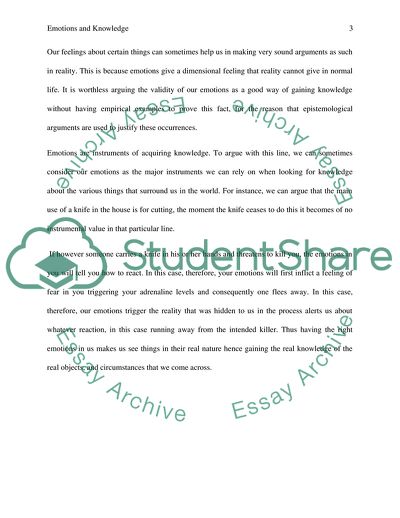Cite this document
(When Should we Trust our Emotions in the Pursuit of Knowledge Essay - 2, n.d.)
When Should we Trust our Emotions in the Pursuit of Knowledge Essay - 2. https://studentshare.org/social-science/1788259-can-we-know-when-to-trust-our-emotions-in-the-pursuit-of-knowledge-consider-history-and-one-other-area-of-knowledge
When Should we Trust our Emotions in the Pursuit of Knowledge Essay - 2. https://studentshare.org/social-science/1788259-can-we-know-when-to-trust-our-emotions-in-the-pursuit-of-knowledge-consider-history-and-one-other-area-of-knowledge
(When Should We Trust Our Emotions in the Pursuit of Knowledge Essay - 2)
When Should We Trust Our Emotions in the Pursuit of Knowledge Essay - 2. https://studentshare.org/social-science/1788259-can-we-know-when-to-trust-our-emotions-in-the-pursuit-of-knowledge-consider-history-and-one-other-area-of-knowledge.
When Should We Trust Our Emotions in the Pursuit of Knowledge Essay - 2. https://studentshare.org/social-science/1788259-can-we-know-when-to-trust-our-emotions-in-the-pursuit-of-knowledge-consider-history-and-one-other-area-of-knowledge.
“When Should We Trust Our Emotions in the Pursuit of Knowledge Essay - 2”. https://studentshare.org/social-science/1788259-can-we-know-when-to-trust-our-emotions-in-the-pursuit-of-knowledge-consider-history-and-one-other-area-of-knowledge.


